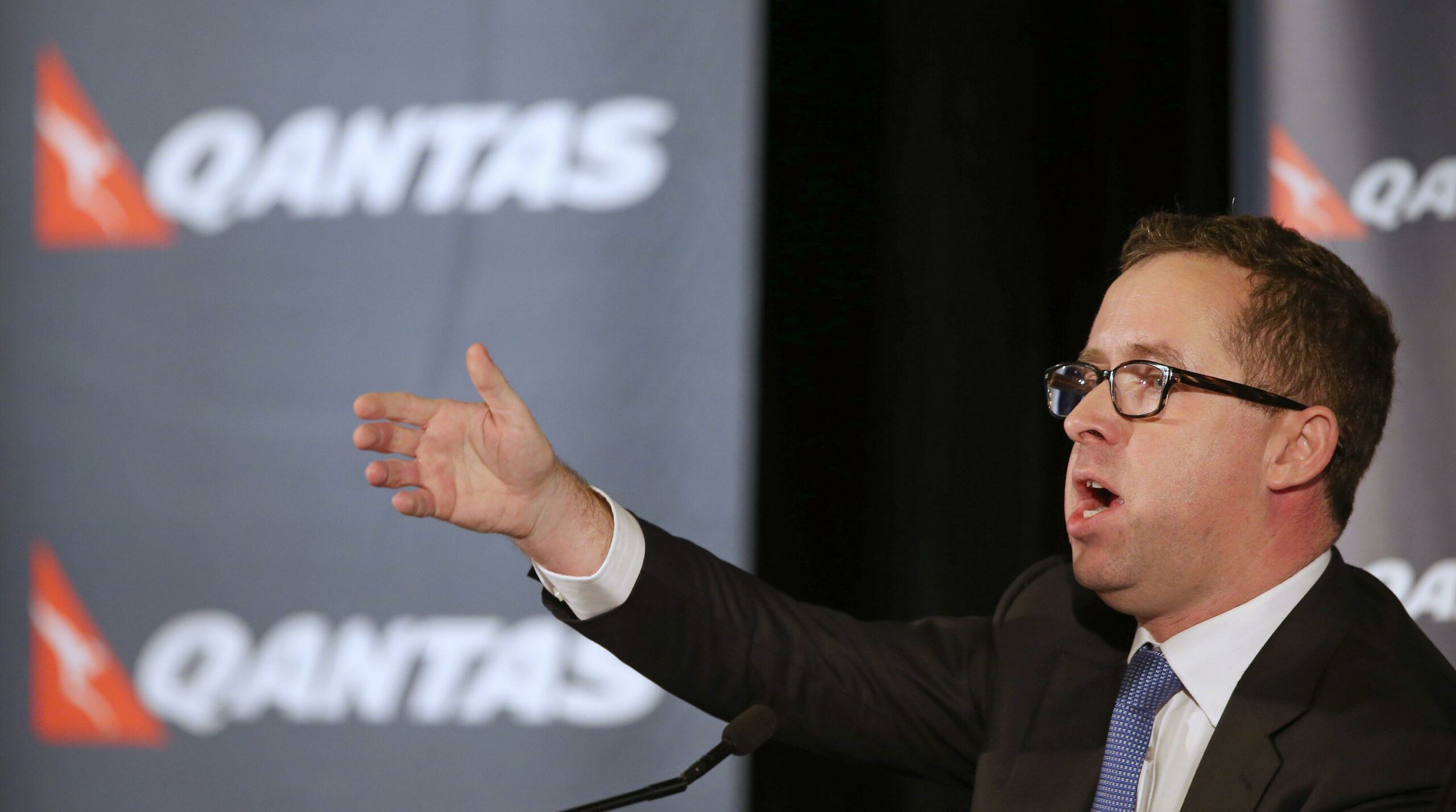The journalist Alastair Campbell coined a new word – Persilience – to describe a combination of perseverance and resilience. It is a badge he uses for leaders of merit and is also applicable to Alan Joseph Joyce, the chief executive of Qantas Airlines who has announced this week his plans to retire before the end of 2023. Joyce’s career has taken him from Ireland to Australia on a management odyssey through the airline industry. That career has been bookended with experiences at two of the longest surviving so-called flag carriers worldwide – Aer Lingus and Qantas. His experience and leadership…
Cancel at any time. Are you already a member? Log in here.
Want to read the full story?
Unlock this article – and everything else on The Currency – with an annual membership and receive a free Samsonite Upscape suitcase, retailing at €235, delivered to your door.

